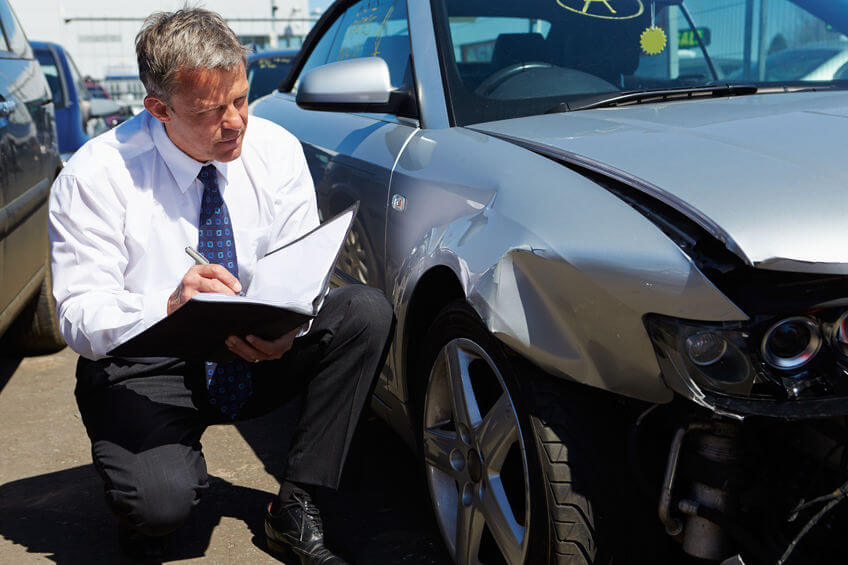
Insurance Claims and Disputed Liability
Insurance claims are requests you make to your auto insurer to pay your damages in the event of an accident. While the rules governing auto insurance practices in each state can vary, the main purpose of filing an insurance claim is for the parties involved in an accident to recover financial compensation to fix the damages the accident caused, or to receive financial compensation for personal injuries that occurred. While some states use a no-fault system that requires each individual’s insurer to pay for the claims of their insured parties, other states utilize a system that requires the insurance company of the at-fault party to pay auto insurance claims. If you’ve never had to work with your auto insurer to wade through the mess left in the aftermath of a car accident, learning more about how the claims process works, especially when liability may be in dispute.
How claims work
In jurisdictions where tort rules govern, the insurance companies must know who was at fault for the accident in order to determine who should pay the insurance claims. In some situations, this is relatively straight forward. For example, if you hit or damage a parked car, it is relatively obvious that your insurance company is at fault, and that your insurance company must pay.
However, if two parties get into an accident when they are both driving, it may not be so clear exactly who is at fault. If the two drivers have different accounts of the story, and each account blames the other driver, the insurance companies will have to determine which of the two drivers is liable to determine who has to pay.
Investigating liability
Liability disputes generally begin with each insurance company investigating and gathering as much information as possible. Insurance companies generally employ investigators who are experts at determining what happened in an accident. Insurance companies will first review any evidence available from the scene of the accident. For example, if the police came to the scene of the accident and gave one party a ticket, that may be a strong indication that the ticketed party did something wrong and was at fault. Insurance companies will also interview all the drivers involved in the accident and any other witnesses. Accident photos and photos of damage to the vehicles may also be reviewed.
After the insurance companies investigate, each insurance company will make a determination on liability. They will then share that determination with the insurance company of the other party. If the two insurance companies agree, there is no liability dispute. However, if they do not agree, then the two companies will need to determine who is at fault and who has to pay.
Disputed liability
In the vast majority of situations, insurance companies will settle this dispute in binding arbitration. They will provide their own lawyers or representatives to settle the dispute. You generally won’t need to be present for this arbitration, although your statement will be entered into evidence. The arbitrator will then determine which party is at fault based on the evidence presented, and the insurance company who insures that driver will have to pay the insurance claims.
In some situations, when damages are extreme, or a person is badly injured, the victim of a car accident may sue the driver that caused it in a court of law. In those cases, a jury or judge will determine liability. Your insurance company will pay for an attorney to represent you in this case, but you may need to be more involved and actually attend the trial, unlike in an arbitration between two insurers. However, because the insurance company will be paying out the settlement or damages that result from the trial, they ultimately have the final say over how the case is pursued and when/if to settle the case. The damages here are not simply payments of insurance claims, but are damages awarded by a court of law or agreed to in settlement talks.
What you can do
Since determining the liability is an integral part of whether the insurance company will pay for the damage to your vehicle or not, it’s critical that you give the most detailed and accurate account of the accident as you recall it. Even if an insurance representative calls you for an informal statement, remember that everything you say will become part of their liability investigation. For this reason, it’s always better to set a time to answer insurance company questions when you can fully focus on the questions they’re asking and the words you choose.